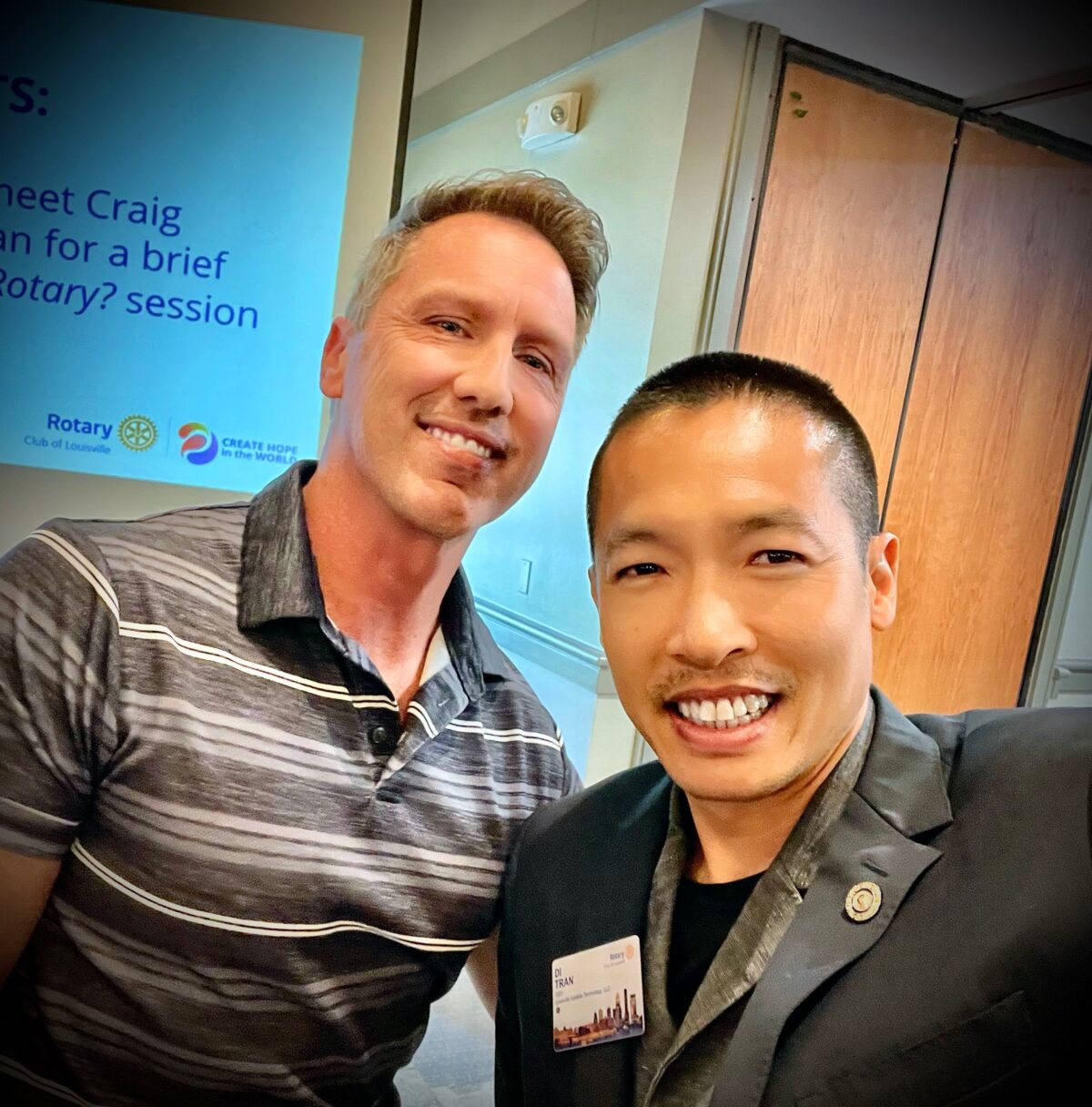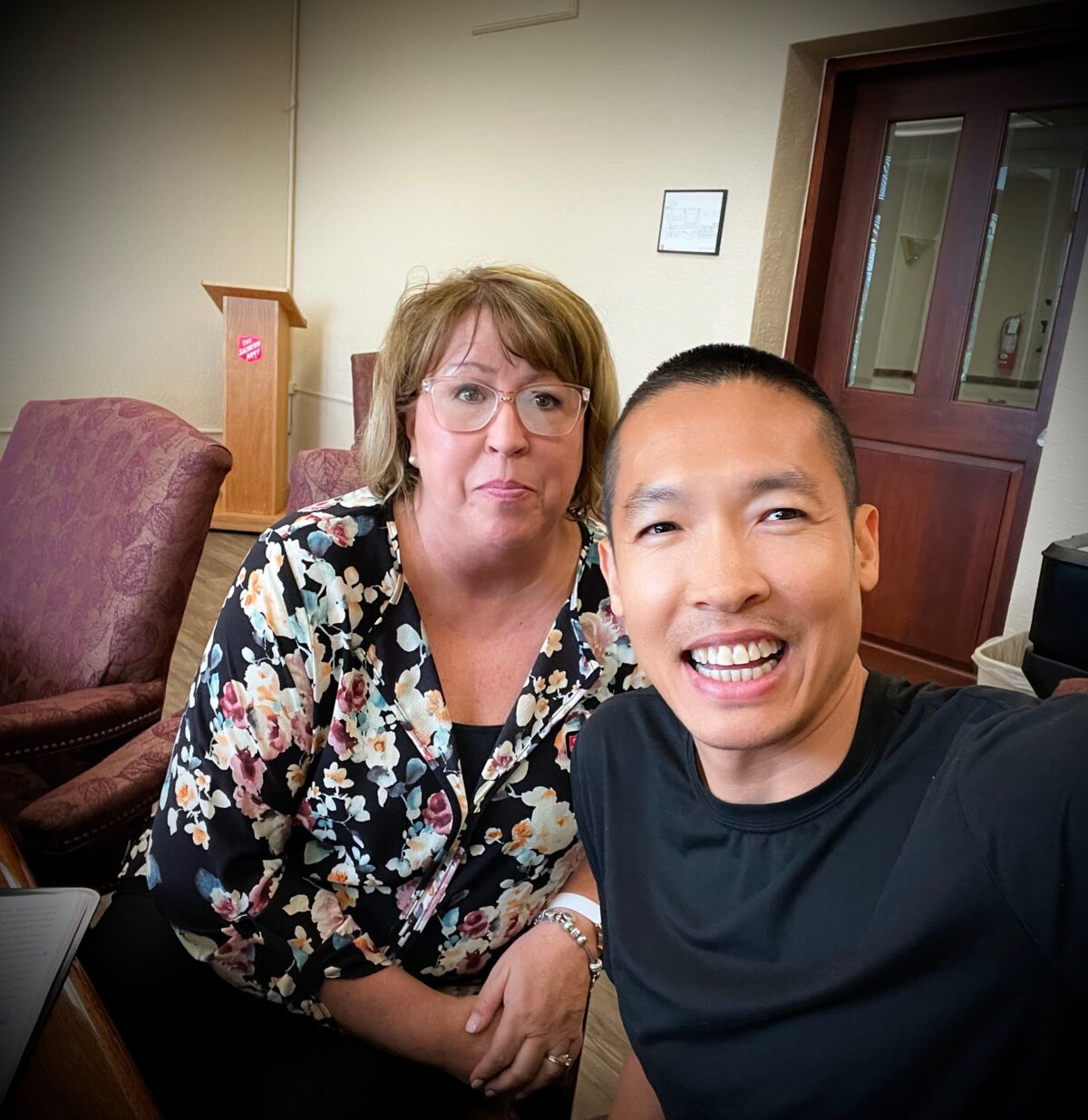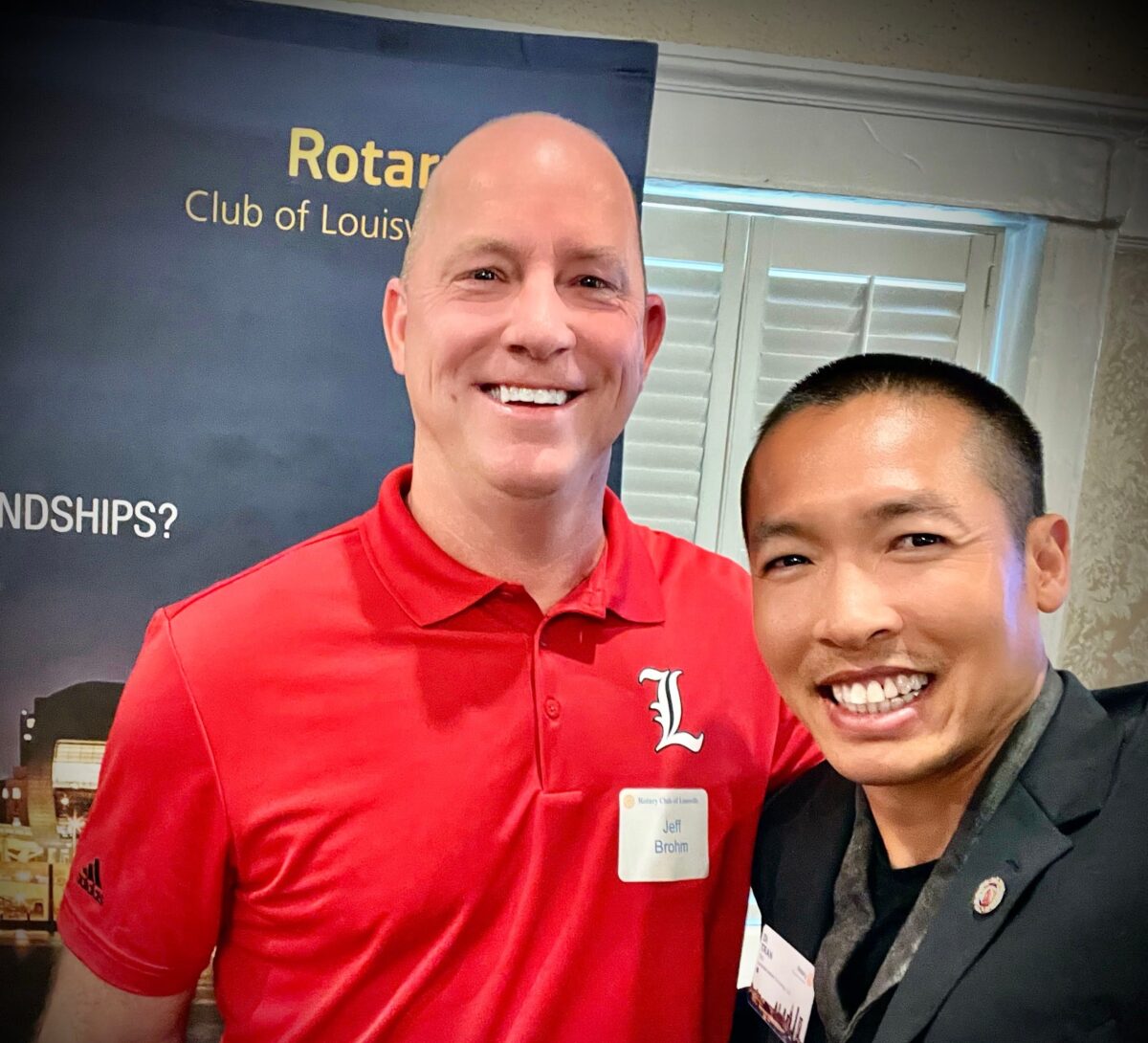As we traverse the winding paths of self-discovery, personal development, and spiritual growth, we are often guided by the wisdom of those who have gone before us. Two insightful pieces of literature, “Leave the Mirror and Change Your Face” by Neville Goddard and “Drop the FEAR and Focus on the FAITH” by Di Tran, provide unique and transformative perspectives on these journeys. These works underscore the importance of a strong belief in self-imagination, fostering the affirmation of the “I AM” identity, and internalizing this conviction without contradiction.
“Leave the Mirror and Change Your Face” is a potent metaphor that reflects Neville Goddard’s philosophical orientation towards changing one’s reality by changing one’s internal state. According to Goddard, the outer world is but a mirror of our inner world, mirroring our beliefs, perceptions, and expectations. As such, if we wish to alter our external circumstances, we must first change the face we present to the mirror – our inner state.
Goddard’s thesis profoundly underscores the power of self-imagination and the importance of aligning one’s beliefs with one’s desires. This fundamental assertion, that the belief in the reality of our imaginal acts is key to manifesting our desires, mirrors the teachings found in Di Tran’s book, “Drop the FEAR and Focus on the FAITH.”

In “Drop the FEAR and Focus on the FAITH,” Tran emphasizes the immense power that faith and belief have on our lives. He teaches us to relinquish our fears and, instead, concentrate on the faith we have in our abilities and our dreams. He believes that fear only serves to distract us from our true potentials and ambitions.
Just like Goddard, Tran emphasizes that faith in our internal vision—our self-imagination—holds the power to shape our external reality. Tran advocates that one’s internal affirmation of “I AM” must be positive, robust, and free from any contradiction or doubt. This means that the faith in oneself and one’s abilities must be unshakeable and must come from within. Both authors agree that only by believing in oneself, in one’s worth, and in one’s ability to achieve can one truly manifest the reality one desires.
Interestingly, the convergence of these themes across both works reinforces the idea that fear and doubt are significant barriers to personal development and actualizing our goals. Both Goddard and Tran emphasize that these negative emotions distort the mirror of our reality, reflecting back the very fears and doubts we harbor within ourselves.
In summary, both “Leave the Mirror and Change Your Face” by Neville Goddard and “Drop the FEAR and Focus on the FAITH” by Di Tran provide a fascinating exploration into the power of self-belief and the role of self-imagination in shaping our realities. The concept of “I AM” plays a crucial role in both works, emphasizing that our internal state, what we believe and imagine ourselves to be, strongly influences our external circumstances. In this sense, they teach us that to manifest the reality we desire, we must first change our face, drop the fear, and focus on faith. By doing so, we unlock the power to transform our lives from within.
















